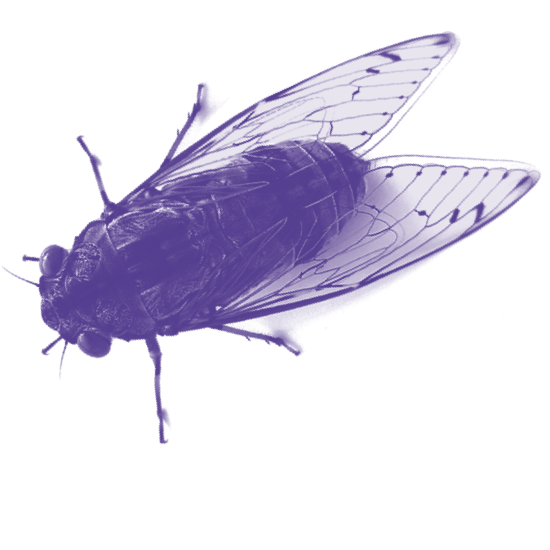

story
Tuning into Conservation
The New Forest Cicada, an insect native to the UK, has been in danger of extinction for decades. There were no sightings of the cicadas in 10 years, despite the hope that these insects continued to exist in less accessible parts of the forest. To search for the species, a group of biodiversity researchers began a citizen science project that equipped volunteers with a smartphone application to detect the call of the cicada.
The use of phones had an unintended consequence of volunteers going off the path to collect data, disturbing forest habitats. To address this issue, the Open Acoustic Devices, a conservation tech research group, created an open source hardware tool called AudioMoth. AudioMoth is a low-cost audio receiver that, unlike a smartphone, can be placed in outdoor areas for extended periods of time. The device’s blueprints and code are available on GitHub and licensed with Creative Commons and open source software licenses. AudioMoth was promoted through WildLabs.Net, a community of conservationist professionals sharing technology-enabled solutions.
A community quickly coalesced around the tool. Devices were produced by Circuit Hub, a manufacturing company that provides an affordable alternative to mass manufacturing of open source tools by producing tools in small batches. Once manufactured, the devices were sent to potential users in conservation research. With feedback from community-based events and workshops as well as the self-sustaining support forum, the Open Acoustics Team was able to troubleshoot technical issues and improve the design to fit the community’s needs. The tools were sold via group purchasing on GroupGets, a selling technique that cuts costs by allowing groups of users to purchase tools together.
The tool is easy to use and helps collect data that was previously hard to obtain. As a result, conservationists have used the tool for multiple purposes, including terrestrial monitoring of individual species, ecosystem soundscape analysis, monitoring of human-wildlife conflicts, experimental marine surveys, and noise pollution monitoring.
AudioMoth has been impactful for conservation. Its impact was accelerated by tools and services like CircuitHub and GroupGets, which provide options for scaling open source tools commercially with highly customized applications and small user communities. Policies and funding that support open source tools manufacturing and commercial frameworks for the prototyping and large-scale production phases can help these companies thrive. The Open Source Hardware Association and the Gathering for Open Science Hardware can also play key roles by sharing business models and best practices for scaling open source tools.
Achieving scientific impacts like those described in this story requires continued support for both paradigms and communities like those listed below.
- communities
- paradigms



